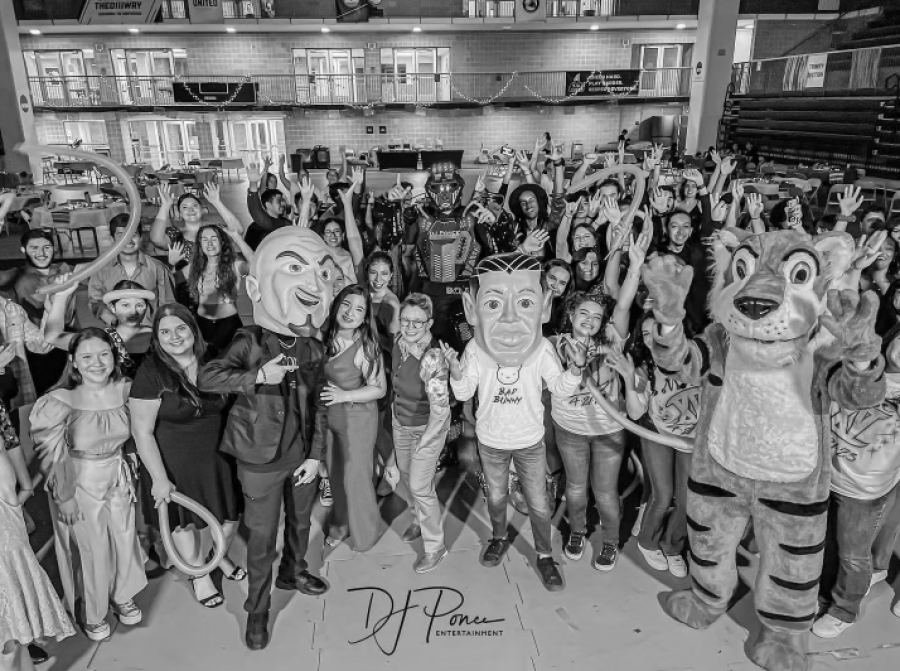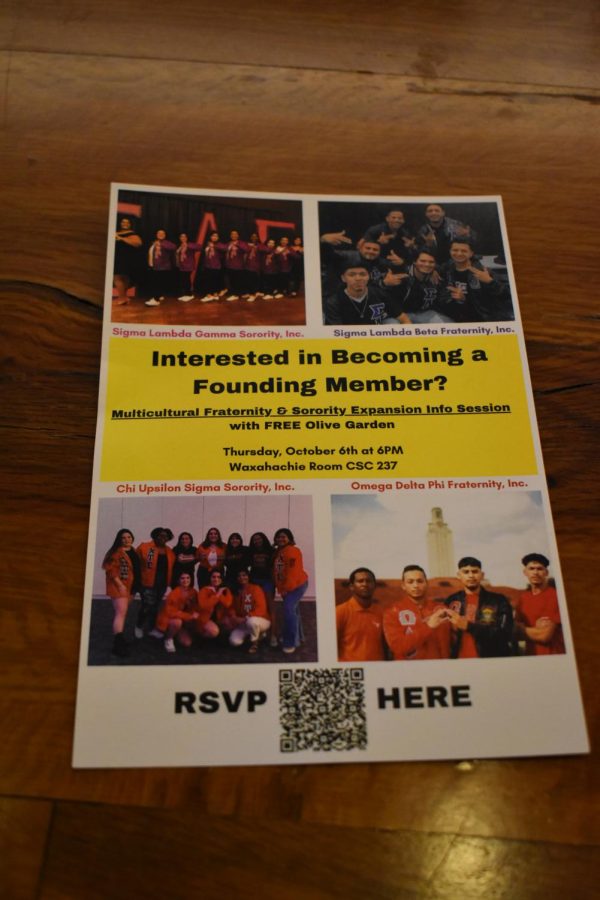Donald Trump’s election lay bare some discomforting truths about our country. Recently, I recalled a conversation I had with an acquaintance a few years ago. He said to me, an African American, effectively, “I know it wasn’t so great for black people, but postwar America was the best time in this country.” Was this the period to which Trump referred in his campaign slogan, I wondered. If so, he was indeed correct about the plight of blacks. My grandfather served in World War II but did not enjoy the access to education, jobs and housing white soldiers did when he returned from the war. Most people were okay with that.
The election results signal to me that nearly half of the voting public is willing to look the other way as Trump seeks to dismantle the progress of the past 50 years generally, and the past eight specifically. This election seemed riven with racism, sexism, grievance and other “isms” that plague our national discourse.
I cannot comment on Ms. Pinchback’s personal motivations for supporting Trump.I can discuss, however, what I think when someone lists a myriad of reasons for why Trump supporters do not ascribe to the negative themes that permeated his campaign so viscerally. Specifically, I think about the:
- Teachers, immigrant students and/or their parents I listened to on numerous NPR programs after the election consumed with fear of being deported.
- Muslims, blacks and women who called in to the same shows with similar anxiety and senses of betrayal.
- Numerous fall weekends I spent in suburban Rust Belt, Pennsylvania volunteering for Clinton. There, I saw numerous “Hillary for Prison” signs in front yards and language painted on a truck in another front yard proclaiming “Democrats are terrorists.” I experienced drivers who yelled expletives at me about Clinton or shot me the finger out their windows.
- Extensive campaign footage I saw from Trump rallies with shouts of “F*** that n*****“ in reference to President Barack Obama, “Lock her up” in reference to Hillary Clinton and “Build the wall.“ It was hatred that seemed to transcend politics; it was, in fact, deplorable.
- Strident post-election behavior of white nationalists (who we should never refer to as the euphemized “alt-right,” because it sanitizes their ideology).
- Spike in hate crimes by people who feel emboldened by Trump’s win.
I am disturbed by the noxious broad brush Trump painted of black life in America, his repeated sexist attacks on women, his rapist accusations against Mexicans and his proposed religious ban against an entire group. I am further disturbed by the hordes of supporters who lustily cheered his every insult. I am pained that nearly half of the electorate could overlook this because they were not his demographic target derision.
The abovementioned does little to assuage my concerns that many Trump voters did not act on an “ism.” Then, I think of those who enjoyed freedom from guilt for injustices that blacks suffered during Jim Crow by claiming they personally did not hang anyone from a tree, run them out of their house or town, deprive them of due process, dehumanize them and effectively relegate them to second-class status. As Trump surrounds himself with known racists, I think one may not have committed any of these transgressions personally, but they signal approval for such behavior by electing someone who campaigned explicitly on such pledges.
Space does not permit me to discuss the policy detail-bereft campaign Trump ran, the embarrassing ignorance he displayed for the separation of powers and the limits of executive powers. Nor can I discuss his appalling lack of integrity that so many supposed “values voters“ overlooked, the vengeance and pettiness he revels in or the numerous lies he repeated. Still, people voted for him.
Finally, that Melissa Flowers should have to provide information on where to seek support in the event of violence and intimidation after a U.S. election is an indication of how dangerous Trump’s ascent is. The bigotry he has inspired should give us all pause. I hope it forces deeper conversations about what our priorities are if we intend to be a more perfect union indeed.
Craig Mills “˜85 is a political science alumnus. He teaches at NYU and writes freelance for the Daily Beast.











